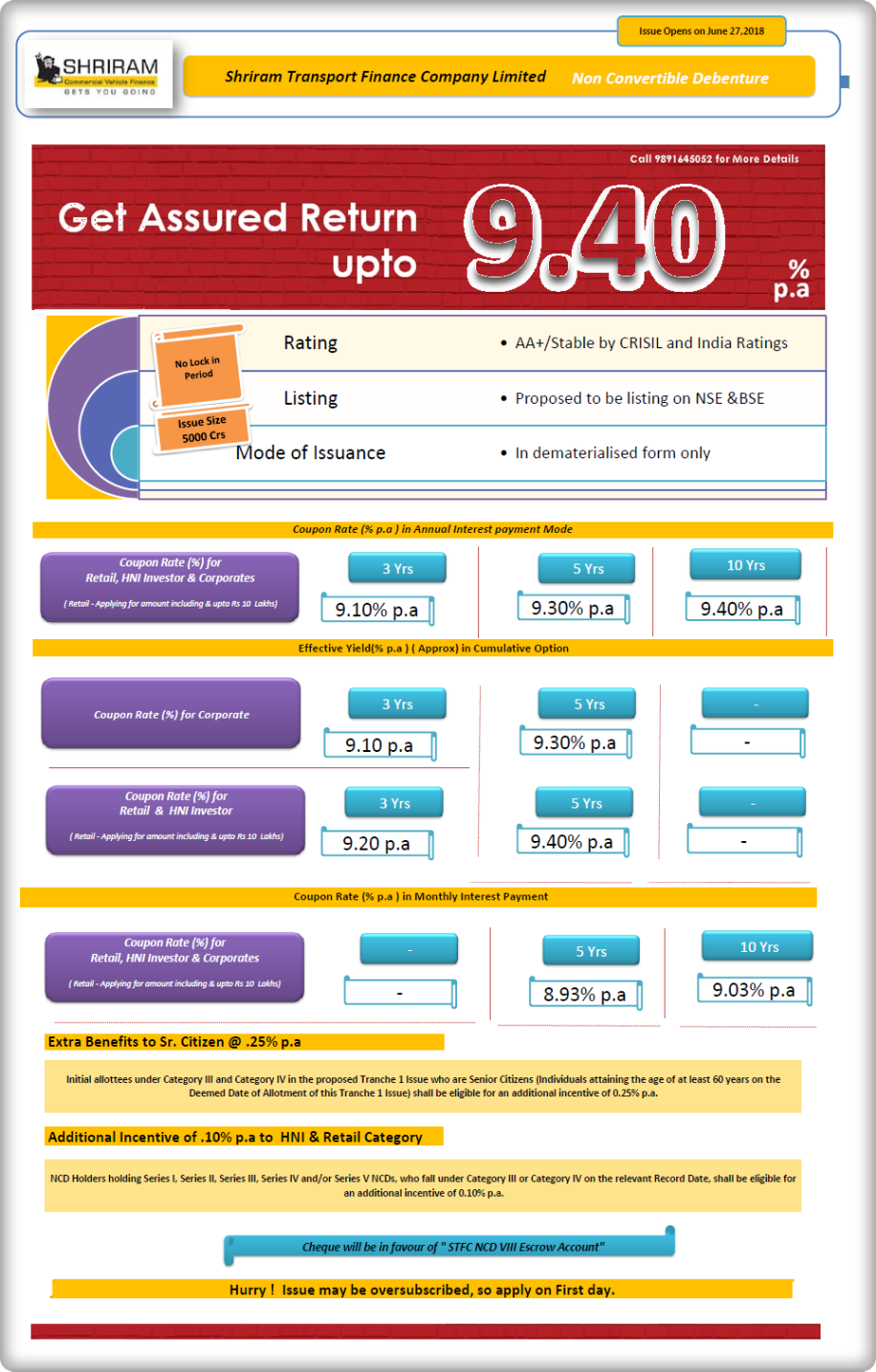Arbitrage schemes boost MF participation in derivatives
Arbitrage schemes boost MF participation in derivatives
The increase in the number of equity-focused arbitrage funds, following the tax changes on debt mutual funds (MFs), has pushed derivative usage by fund houses.
Data from the exchanges show the average daily turnover of MFs in the derivatives category rose to Rs 1,230 crore in September, almost double that in June.
The participation has tripled compared to daily turnover of Rs 423 crore at the start of the year. Around the expiry of monthly contracts, on the last Thursday of every month, the turnover has been as high as Rs 6,000 crore.
"There has been an increase in the use of derivatives in the industry, mainly because the interest in arbitrage funds has spiked up. Typically, when there is volatility in the market, arbitrage funds become popular," said Dinesh Khara, managing director, SBI MF.
Arbitrage funds are low-risk equity schemes which try to benefit from the price differential between the cash and derivatives of the same underlying security.
MF trading activity in the cash segment continues to remain higher than in the derivatives segment. For September, the daily average turnover in the cash segment was Rs 1,680 crore.
Equity-based arbitrage funds have gained popularity after the higher tax rate on debt MFs announced in July's Union Budget.
"The usage of derivatives has gone up quite a bit because of these arbitrage funds which invest 35-65% in derivatives. These funds have seen a good response from investors, which has pushed up fund sizes and with it the derivatives exposure," said Niranjan Risbood, director (fund research), Morningstar India.
JM Financial, IDFC, Kotak and JPMorgan are among the fund houses which launched such products after the Budget.
"The primary purpose of using derivatives is to contain volatility and protect the downside risk. This was beautifully used by fund houses during the market volatility in 2009. But post the budget announcement, the strategy to use derivatives is being done more for tax-saving purposes," said Vidya Bala, head for MF research, FundsIndia.com.
With volatility likely to continue, many more fund houses are looking to launch more arbitrage funds. However, as fund sizes increase, the arbitrage opportunities might see a drop, fear experts.
"Because of the small size of our derivative market, there are limited opportunities, which could further reduce as fund sizes increase," said Risbood.
Business Standard
Sent from BlackBerry® on Airtel
--
You received this message because you are subscribed to the Google Groups "Product Updates for AMC" group.
To unsubscribe from this group and stop receiving emails from it, send an email to Productupdatesforamc+unsubscribe@googlegroups.com.
For more options, visit https://groups.google.com/d/optout.
The increase in the number of equity-focused arbitrage funds, following the tax changes on debt mutual funds (MFs), has pushed derivative usage by fund houses.
Data from the exchanges show the average daily turnover of MFs in the derivatives category rose to Rs 1,230 crore in September, almost double that in June.
The participation has tripled compared to daily turnover of Rs 423 crore at the start of the year. Around the expiry of monthly contracts, on the last Thursday of every month, the turnover has been as high as Rs 6,000 crore.
"There has been an increase in the use of derivatives in the industry, mainly because the interest in arbitrage funds has spiked up. Typically, when there is volatility in the market, arbitrage funds become popular," said Dinesh Khara, managing director, SBI MF.
Arbitrage funds are low-risk equity schemes which try to benefit from the price differential between the cash and derivatives of the same underlying security.
MF trading activity in the cash segment continues to remain higher than in the derivatives segment. For September, the daily average turnover in the cash segment was Rs 1,680 crore.
Equity-based arbitrage funds have gained popularity after the higher tax rate on debt MFs announced in July's Union Budget.
"The usage of derivatives has gone up quite a bit because of these arbitrage funds which invest 35-65% in derivatives. These funds have seen a good response from investors, which has pushed up fund sizes and with it the derivatives exposure," said Niranjan Risbood, director (fund research), Morningstar India.
JM Financial, IDFC, Kotak and JPMorgan are among the fund houses which launched such products after the Budget.
"The primary purpose of using derivatives is to contain volatility and protect the downside risk. This was beautifully used by fund houses during the market volatility in 2009. But post the budget announcement, the strategy to use derivatives is being done more for tax-saving purposes," said Vidya Bala, head for MF research, FundsIndia.com.
With volatility likely to continue, many more fund houses are looking to launch more arbitrage funds. However, as fund sizes increase, the arbitrage opportunities might see a drop, fear experts.
"Because of the small size of our derivative market, there are limited opportunities, which could further reduce as fund sizes increase," said Risbood.
Business Standard
Sent from BlackBerry® on Airtel
--
You received this message because you are subscribed to the Google Groups "Product Updates for AMC" group.
To unsubscribe from this group and stop receiving emails from it, send an email to Productupdatesforamc+unsubscribe@googlegroups.com.
For more options, visit https://groups.google.com/d/optout.





Comments
Post a Comment
You are requested to mentioned your full name with email id while commenting.